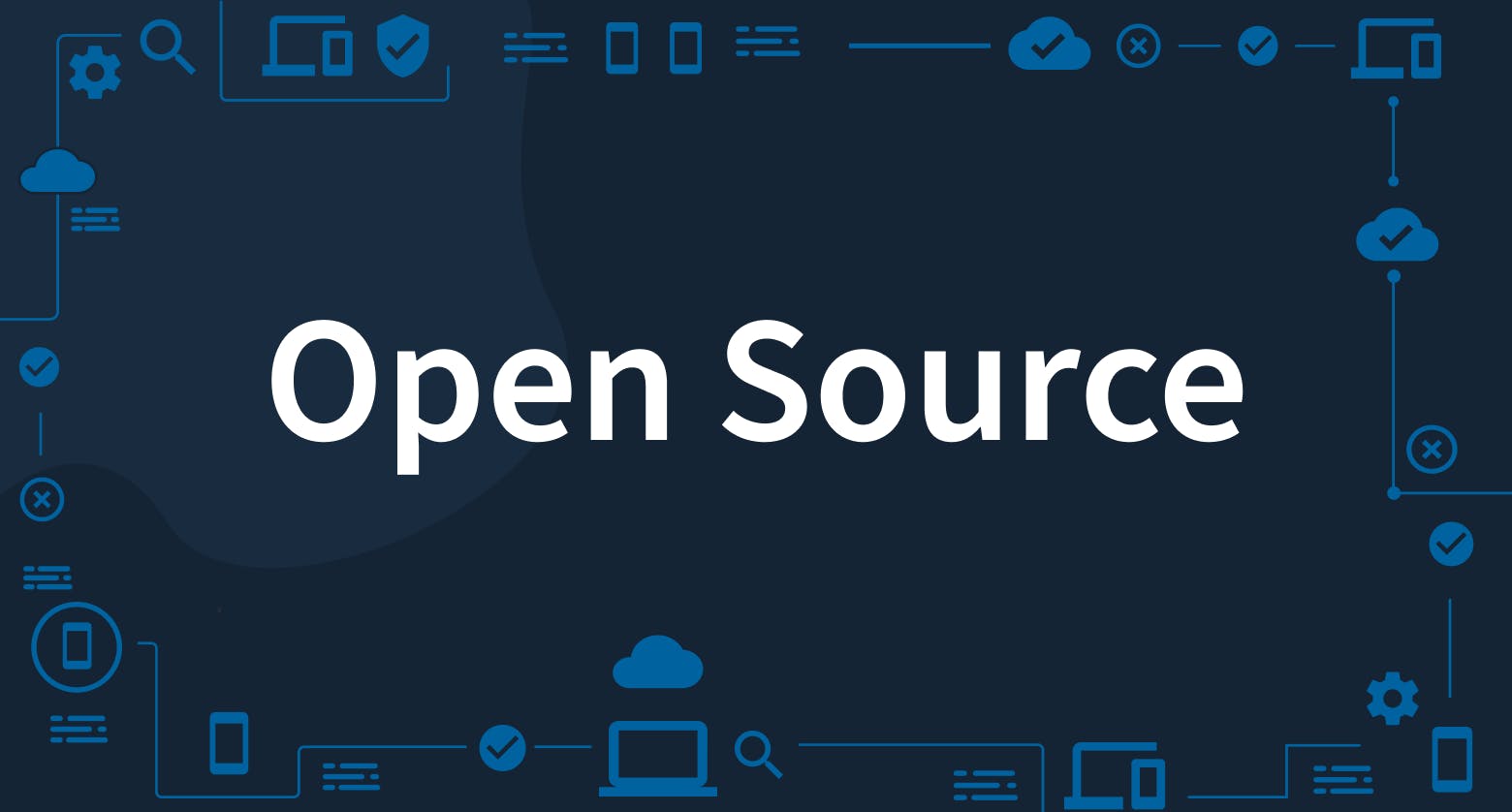
What is Open Source?
Open source is nothing but the source code of the project that is publicly available to people around the world. The project's source code is considered open source if the code of the project is free to view, change, extend and distribute.
What is Open source software?
Open-source software is software with a source code of a project that anyone can inspect, modify, and enhance. Open source software is different than other types of software. Some software has source code that only the person, team, or organization who created it has exclusive control over it, and this type of software is called “proprietary” or “closed source” software.
What is Open source contribution?
Open-source contribution involves contributing to the source code of a project that is publicly available in open-source software for the development or improvement of the software. Most people think that open-source contributions require changing the project’s source code. That’s not true, but it is not limited to that. You can contribute to the open source in all the following ways:
Adding features to the project through source code changes.
Fixing bugs or issues.
Helping to improve documentation.
Help in testing the software.
Taking up code reviews and helping out the maintainers.
Create content. It can be written, video, or even podcast content.
Being part of the community and helping to grow it.
Help to integrate the product with other products for a better solution.
Providing feedback to make it better.
These are some ways that you can contribute to open-source projects.
Some advantages of open-source contributions
1. Learn in a practical way.
Contributing to open-source projects is a great way to learn. When you're learning, it's easy to get stuck in the "this is what I know" mindset. You might look at a problem and say, "I don't know how to solve that." But when you're contributing to an open-source project, you have access to all the knowledge of other contributors who've solved similar problems before in other parts of the code. Instead of getting stuck in “I don't know how," your brain starts looking for “how can I use what I already know about this area of code/systems/etc., along with everything else I've learned over time?". And then things start falling into place! So, contributing to the open-source project makes you learn new skills that are required for contributing, and that helps you to upskill yourself.
2. Build confidence.
One of the biggest benefits of contributing to open-source projects is that doing so helps you build confidence in your own abilities, especially if you are a beginner.
3. Build your personal brand.
Contributing to open-source projects can help you build your reputation, your resume, and even your personal brand. Contributing to open-source projects gives you a chance to show off your skills. You can show potential employers that you have the skills needed to be a good developer or designer by sharing code on GitHub. If you are looking for a job, this is a great way to demonstrate that you are an active member of the community and want to share your knowledge with others.
4. Network with like-minded people.
The huge benefit of contributing to open-source projects is that you can network with other developers. This means that you'll meet new people and make friends, collaborate with other developers on projects, find mentors, and have an opportunity to learn from each other.
5. Improve your Communication Skills.
Most Open source projects are collaborative efforts. You will be working with other people, in some cases, hundreds of them. Being able to communicate effectively is part of this process.
How to get started?
First and foremost, you must choose a programming language of your choice. Once you are done with selecting a programming language, search for a project that is interesting to you. Here are some websites that can help you with this information:
Mozilla: Mozilla has a wide range of projects filtered based on the programming languages.
GitHub Explore: You can search repositories by topics and trends. Set notifications based on your interest. It is the first place you should look for an open-source repo to contribute.
Contributor Ninja: This website categorizes Open source projects by programming languages like JavaScript, HTML, Rust, and many more.
First Contributions: A website with very well-guided documentation on how to start an Open Source Project that will help you to find a suitable project based on your skills.
Code Triage: Code Triage has a massive list of open-source projects for you to select. They have categorized the projects based on the language and the number of open issues, so you can selectively pick them and put your efforts into the most demanding projects.
Up For Grabs: Another website with a comprehensive list of Open Source Projects.
First Timers Only: This website will help you to get the motivation required to start with Open Source. You must consider giving it a read.
Conclusion
Open source is a great way to enhance your skills and even the smallest contribution is a contribution. You don’t need to be an expert to start contributing to open source even your basic programming skills matter. Be proactive in responding to queries. You never know what others expect from you or your contributions.
That’s all. I hope you found this article helpful and it helps you get started with open source and contributing to open source projects.
